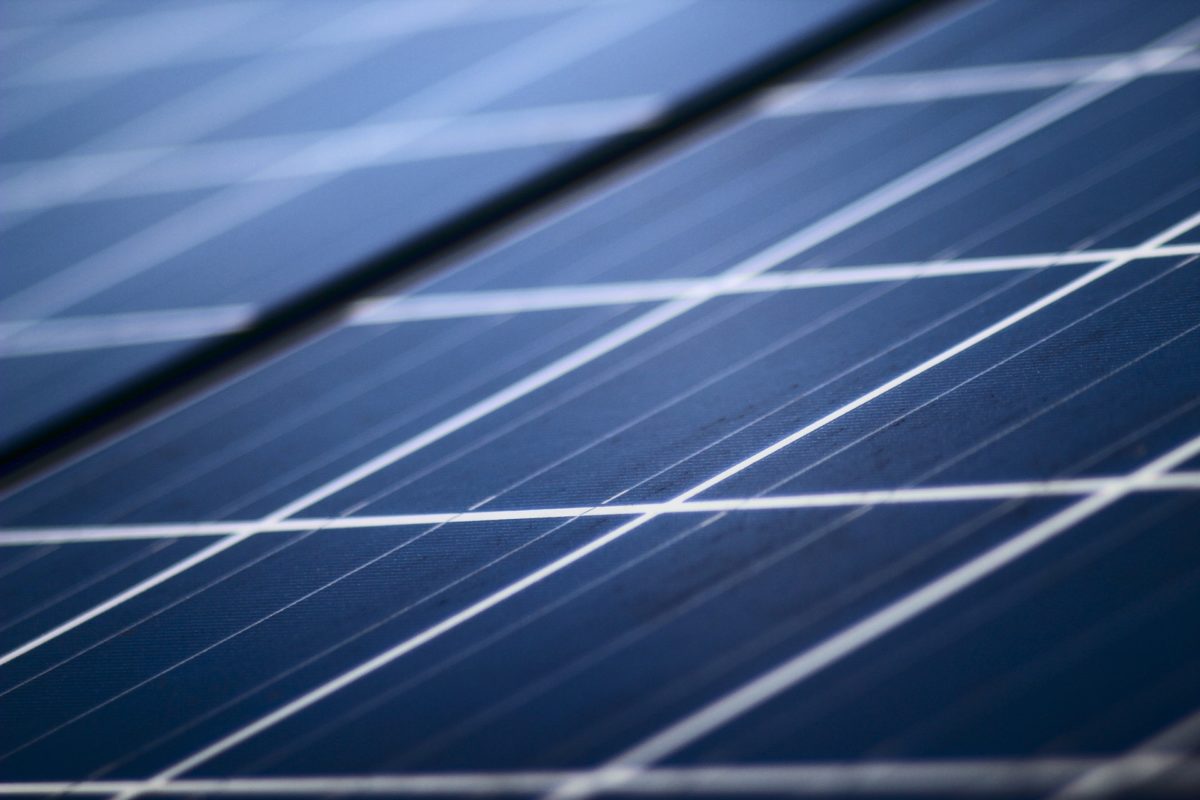From pv magazine India
India added about 3.5 GW of new utility-scale solar capacity in the 12 months of fiscal 2020-21 (April 1, 2020, to March 31, 2021), or about 39% less than in fiscal 2019-20. Gujarat, Rajasthan, Tamil Nadu, Uttar Pradesh, and Andhra Pradesh led large-scale solar installations, with most of the share coming from these states.
Rooftop solar posted strong deployment figures despite pandemic-induced lockdown and restrictions. About 2 GW of new rooftop PV capacity was added in fiscal 2021. Gujarat and Maharashtra together contributed nearly 50% of all rooftop solar installations in fiscal 2021. Other states that added maximum rooftop solar capacity during the year included Rajasthan, Tamil Nadu, Haryana, and Uttar Pradesh.
JMK Research expects about 10 GW of new utility-scale solar capacity and 3.5 GW of new wind capacity to be installed in fiscal 2022. That will be about 25% less than its initial estimate made before the second wave of Covid-19 hit India.
The analysts quoted the Ministry of New and Renewable Energy’s May 12 notification, which stated that “renewable energy projects having their commissioning dates on or after April 1, 2021, can claim extension owing to the second surge of the Covid-19 pandemic.” The MNRE also mentioned that, on receipt of applications for time extensions, the implementing agency will not initiate any coercive action on projects to recover the penalty against delayed commissioning until the extended time frame is decided upon.
According to JMK Research, lockdowns imposed across several states could lead to a shortage of labor and interruptions in equipment supplies. This could in turn delay the commissioning of nearly 3 GW to 4 GW of solar and wind projects.
However, it said that it expects rooftop solar capacity additions to exceed the fiscal 2021 figure in the current financial year. India could add about 2.5 GW to 3 GW of rooftop solar in fiscal 2022, it said.
This content is protected by copyright and may not be reused. If you want to cooperate with us and would like to reuse some of our content, please contact: editors@pv-magazine.com.




By submitting this form you agree to pv magazine using your data for the purposes of publishing your comment.
Your personal data will only be disclosed or otherwise transmitted to third parties for the purposes of spam filtering or if this is necessary for technical maintenance of the website. Any other transfer to third parties will not take place unless this is justified on the basis of applicable data protection regulations or if pv magazine is legally obliged to do so.
You may revoke this consent at any time with effect for the future, in which case your personal data will be deleted immediately. Otherwise, your data will be deleted if pv magazine has processed your request or the purpose of data storage is fulfilled.
Further information on data privacy can be found in our Data Protection Policy.